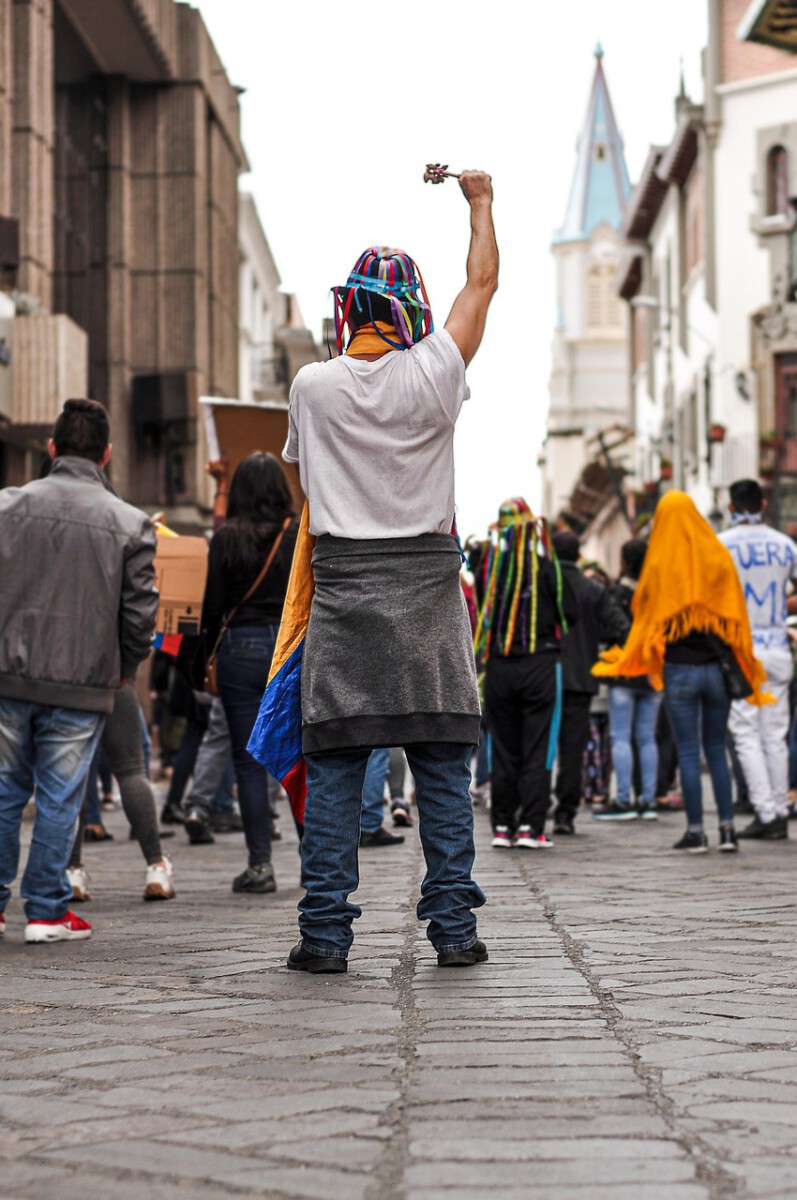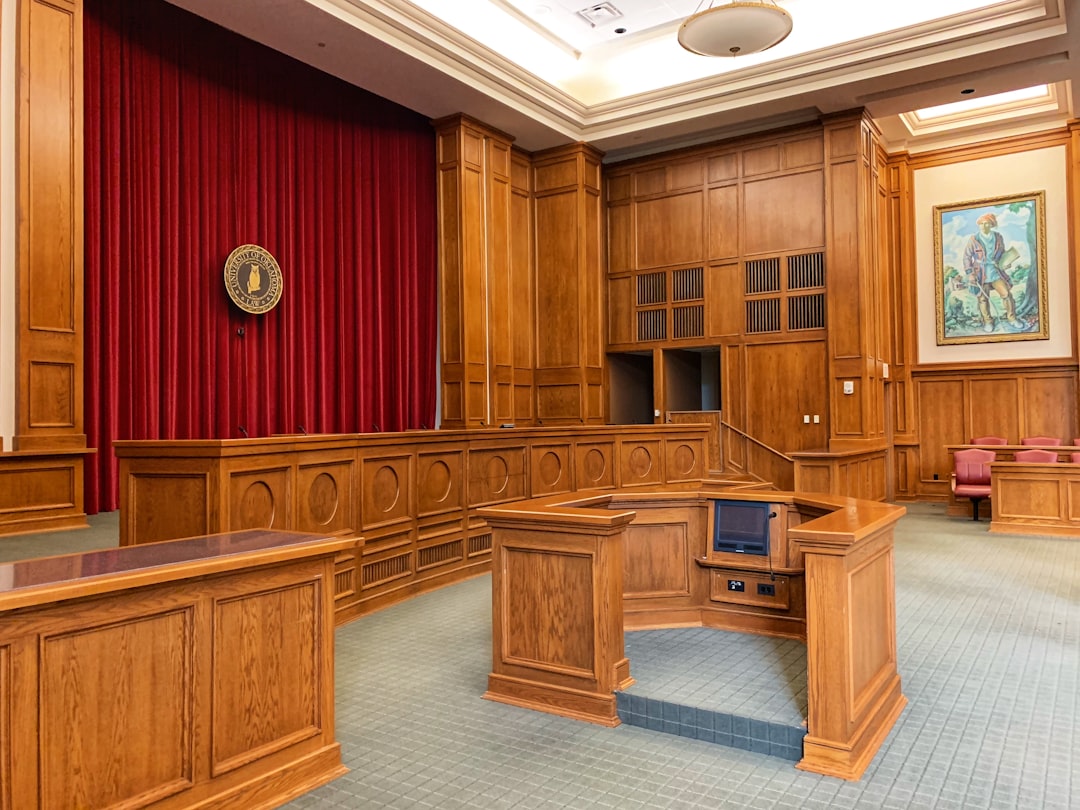The Rise of Airbnb and Its Impact on Travel

Airbnb exploded onto the travel scene, promising a world where travelers could swap cookie-cutter hotel rooms for cozy apartments, treehouses, or even castles. Its appeal was instant—suddenly, anyone with a spare room could become a host, and guests could “live like a local” anywhere. By 2024, Airbnb had reached over 7 million global listings, cementing itself as a leader in the short-term rental market. But this meteoric growth came with consequences. Cities like San Francisco and New York reported dramatic increases in rental prices, with the Economic Policy Institute spotlighting how Airbnb’s presence tightened housing supplies. For travelers, the platform offered novelty, but for locals, it often meant being priced out of their own neighborhoods. The ripple effect of Airbnb’s rise continues to reshape the way people travel and live.
Hidden Costs of Using Airbnb

At first glance, Airbnb looks like a wallet-friendly choice compared to hotels. However, the reality often hits when it’s time to check out—the final bill can be a shocker. Service fees, cleaning fees, and sometimes unexpected charges for extra guests routinely boost the price well above the initial listing. According to a 2025 Consumer Financial Protection Bureau study, about 30% of users reported surprise fees that threw off their travel budgets. It’s not uncommon to see a $100-per-night listing balloon to $160 after all the add-ons. Some hosts also require hefty security deposits, locking up hundreds of dollars well before your arrival. These hidden costs can make budgeting for a trip stressful and unpredictable, taking the shine off what was supposed to be affordable travel.
Safety Concerns and Unregulated Listings

There’s a real sense of adventure in booking a stranger’s home, but that excitement can sometimes morph into concern. Unlike hotels, most Airbnb listings aren’t subject to rigorous health and safety regulations. A 2024 National Association of Realtors survey found that 45% of respondents worried about the safety of short-term rentals. Stories of property damage, missing security features, and even criminal incidents have surfaced in recent news cycles. Guests might arrive to discover broken locks, faulty smoke detectors, or even hidden cameras—none of which are guaranteed to be addressed by Airbnb’s checks. The variety in property standards means you’re often rolling the dice with your safety, something few travelers want to do with their precious vacation days.
The Impact on Local Communities

Behind the scenes of every charming Airbnb lies a neighborhood that might be struggling. Many city dwellers have watched as their apartment buildings slowly fill up with short-term guests rather than long-term neighbors. The Urban Institute’s 2025 study revealed a 20% drop in available long-term rentals in cities saturated with Airbnbs. This shift doesn’t just hit renters’ wallets—it changes the very fabric of neighborhoods. Long-time residents are pushed out, mom-and-pop stores close, and communities lose their sense of continuity. In some cities, this tension has spilled into the streets, with locals protesting against what they see as an invasion. For travelers, it’s a sobering reminder that every stay has a ripple effect beyond their own experience.
The Environmental Footprint of Short-Term Rentals

As more travelers grow concerned about sustainability, the environmental impact of short-term rentals is coming under the microscope. The Global Sustainable Tourism Council’s 2024 report noted that Airbnbs often lack the eco-friendly practices now standard in many hotels. Think about it: recycling bins, low-flow showers, and energy-efficient lighting are common in big hotel brands but rare in individual rentals. Guests may not realize how much extra energy and waste a constantly rotating stream of visitors can generate. Over time, this increased consumption adds up, making short-term rentals less green than they might seem. For people trying to lessen their travel footprint, this is an increasingly important consideration.
Customer Service Challenges

An overlooked part of the travel experience is what happens when things go wrong. Hotels typically have a front desk staff or a helpline available around the clock. With Airbnb, that safety net can feel more like a spider’s web. The J.D. Power survey from 2025 reported that Airbnb’s customer service scores lagged behind hotels, especially when it came to resolving disputes or handling emergencies. Stories abound of guests stranded outside locked apartments or struggling to secure refunds after disappointing stays. The lack of a consistent, responsive support team can turn a minor inconvenience into a major headache. For travelers, this risk can overshadow even the quirkiest, most Instagram-worthy listing.
The Shift Towards Hotels and Alternative Accommodations

Growing awareness of Airbnb’s downsides is prompting a noticeable shift in the travel industry. According to a 2024 American Hotel and Lodging Association survey, 60% of travelers now say they prefer hotels over short-term rentals for their reliability and service. Boutique hotels and hostels are also making a comeback, offering unique settings without the unpredictability. Many travelers are drawn back to the predictability of a front desk, daily housekeeping, and amenities like pools or gyms. These alternatives provide peace of mind, especially for families or solo travelers. The pendulum seems to be swinging back toward accommodations that put safety, comfort, and service first.
The Role of Technology in Travel Choices

Technology has put more power in the hands of travelers, making it easier to compare options than ever before. The 2025 Phocuswright report found that 70% of travelers use several sites and apps to compare prices, amenities, and reviews before booking. This transparency is changing the way people choose where to stay. With side-by-side comparisons, it’s easier to spot extra fees or questionable reviews, reducing the temptation to book blindly through a single platform. As travelers become savvier, they’re less likely to rely solely on Airbnb and more likely to seek out transparent, reputable choices. This trend is reshaping the industry, pushing all accommodation providers to step up their game.
The Future of Airbnb and Short-Term Rentals

The future of Airbnb is being rewritten as cities introduce new policies to curb its negative effects. In 2024, New York City enacted laws requiring all short-term rental hosts to register their properties, aiming to weed out illegal and unsafe listings. Other cities are following suit, with tighter regulations and enforcement on the horizon. These changes could reduce the number of available Airbnbs, limit options for travelers, and force the platform to become more accountable. The conversation is shifting from whether short-term rentals are good or bad, to how they can be managed responsibly. As these new rules take effect, the landscape of travel accommodations will continue to evolve.
Conclusion: Rethinking Travel Choices

In recent years, the conversation around where and how we travel has become more urgent. With growing awareness of hidden fees, safety concerns, and community impact, many are taking a second look at the alternatives to Airbnb. The rise of boutique hotels, hostels, and regulated vacation rentals offers options that prioritize transparency, sustainability, and guest support. As the travel industry adapts, travelers have the power to make choices that benefit both themselves and the places they visit.








